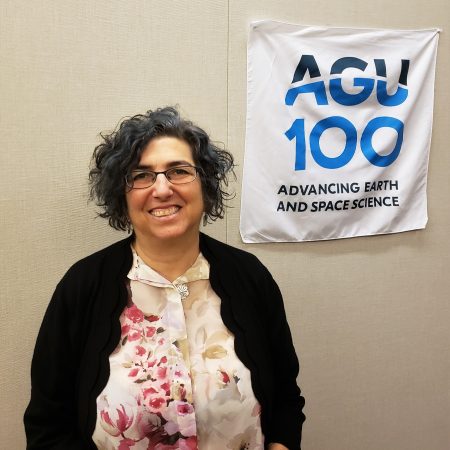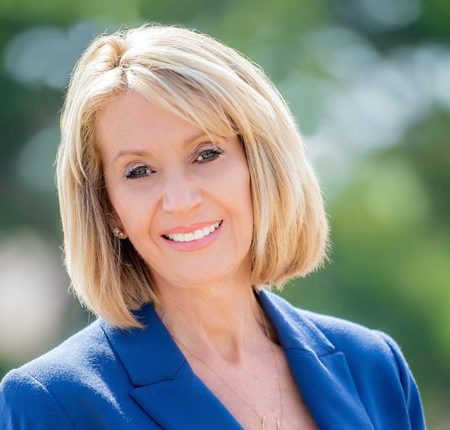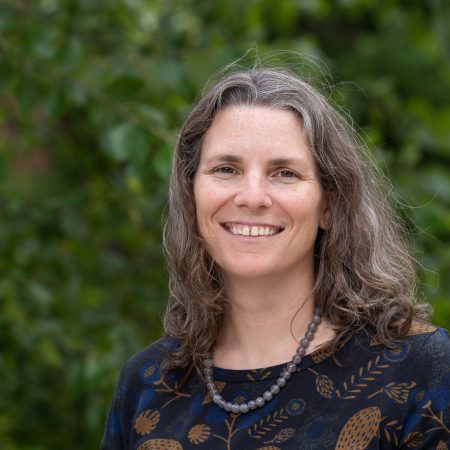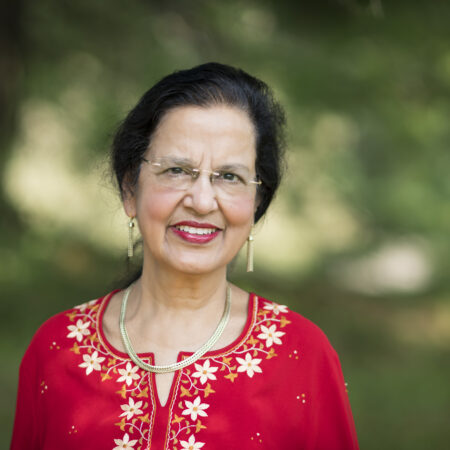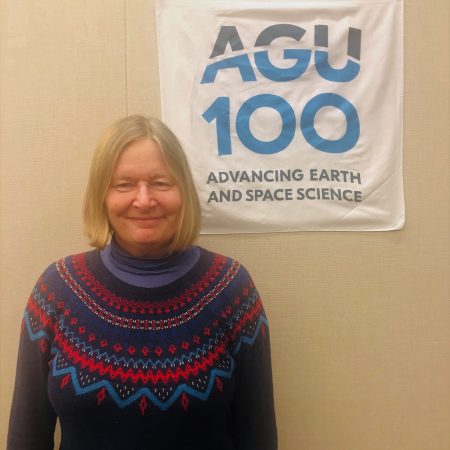Refine
Date Range Clear
Recorded by Clear
Keywords Clear
Partnerships Clear
- No matching terms.
Organizations Clear
- American Geophysical Union 19
- Ameican Geophysical Union 1
- American Geophsyical Union 1
- American Geopshysical Union 1
- American Geopysical Union 1
- 6 more
Places Clear
- AGU 2018 Fall Meeting 30
- Washington DC 29
- AGU 2017 Fall Meeting 2
- AGU Fall Meeting Program Commitee 2
- New Orleans LA 2
- 20 more
Languages Clear
- No matching terms.
Initiatives Clear
- No matching terms.
Emily Schaller, project manager at NASA's National Suborbital Research Center at Ames, discusses her Ph.D. work studying the clouds on Titan and her work as a science and education. She recalled how as a young child, she would study illustrations...
In this inspiring interview, Becca Barnes, Bianca Rodriguez-Cardona, Evelyn Valdez-Ward, and Ben Sulman, four early-career biogeoscientists come together to share their reflections on what it means to be a scientist today. How can scientific knowledge be spread on social media?...
Mei Zheng studies and teaches atmospheric science at Peking University. She’s passionate about training the next generation of scientists, and ensuring that everyone has access to clean air. “A teacher’s job is to encourage, inspire, and challenge students to do...
After being drawn to the oceans at an early age, Paula continues to examine many factors that influence changes in the oceans. As a program manager for NASA, she enjoys the opportunity to work with dedicated researchers and learn how...
We won’t say how long Susan Lozier has been shaping young minds at Duke University (she may let it slip), but she talks about amazing changes that have happened during her tenure. She grew up wondering how rivers get polluted,...
Roberta Rudnick, Professor at University of California Santa Barbara, was captivated by science from a young age, witnessing the Mt. Saint Helens eruption while in college, and traveling the globe to understand plate tectonics, and how and why continents form...
My mom and I talked about her immigration from Russia to Israel and then to America. She also talked about her transitions from one state to the other.
What starts as a conversation about arctic change is actually an all-encompassing discussion about career growth, patience, and personal growth. Walt Meier, National Snow, and Ice Data center, introduces us to Jackie Richter-Menge, US Arctic Research Commission, who has spent...
Kathy Cashman, professor at the University of Bristol, worked on the 1980 eruption at Mount St. Helen’s in Washington, one of the first monitored volcanic eruptions in the world (“it was a ‘who’s who’ of volcanology and geology”). Thanks to...
Dr. Lin Chambers is the Deputy Director of Science Activation at NASA Headquarters, and she spends her time there sharing NASA’s science with learners in local communities across the country. Lin started at NASA after her freshman year of college...
Dawn Wright, ESRI and Mark Parsons, Rensselaer Polytechnic Institute, share with us their journeys into data mapping, and how the field has grown, including at AGU. Before AGU embraced mapping scientists, people were starting to leave AGU. Now, they’re back,...
As a deputy section manager at NASA’s Jet Propulsion Lab, Carmen Boening is keenly focused on rising with the tide. The trouble is, the water level isn’t going down as the climate warms. Partly through the monitoring of a set...
Sabrina Savage builds instrumentation for solar physics and studies solar flares at NASA’s Marshall Space Flight Center. The technology she helps create delivers the most high-resolution pictures of the sun anyone has ever seen. In a society more dependent upon...
Sonia Esperanca, Program Director for the National Science Foundation, supports earth-science research in the academic community. She shares her journey from Rio de Janeiro to the United States, Israel, Australia, and elsewhere. Having an understanding of landscapes across the world...
The only interviewee to describe her chosen field as a “hoot,” Sonja Behnke, Los Alamos National Laboratory, has been actively involved in atmospheric electricity research since 2008. Before that, she was a math instructor as an AmeriCorps volunteer. As a...
How rare is it for women to be lead investigators on robotic space missions? This conversation featured two of the very first women to hold that distinction. So, of course, they’re close friends. The lead investigator role requires bringing a...
Catherine Mushi, PhD student studying Water Resources Engineering at the University of Dar es Salaam discusses her work in the Congo River Basin and collaborating with peers both in the field and within the community. She shares her experience as...
As the Deputy Director of Planetary Science at NASA, Eric Ianson has his hands full overseeing all of NASA’s planetary science missions. We talked to Eric about learning to navigate press conferences, the gratification of launch day, and maintaining focus...
Kristin Lawrence is reimagining how children of all ages can learn and discover science. She is the CEO and Founder of The Hopper, a science discovery playground coming soon to Boulder, Colorado. Kristin changed direction from a career in paleomagnetism...
Gail Skofronick-Jackson, Program Manager at NASA Headquarters, Science Mission Directorate, knows more about snow than most Tallahassee, Fla. residents. In fact, it may be safe to say that the program manager at NASA Headquarters knows more about snow than most...
Jill Marshall, Assistant Professor of Geology at the University of Arkansas thought she was ready to go to college, but there she was on the campus of Boston University as a freshman overwhelmed by her surroundings and on shaky financial...
You may know Marcia McNutt as the current president of the National Academy of Sciences, but did you know she’s also someone who got restless enough to give up what many consider the be the perfect job? While teaching at...
Paths Through Science Interview for AGU's Centennial with Amy Keesee, Associate Professor, University of New Hampshire, Department of Physics and Space Science Center.
Hashima Hasan is the program scientist for NASA’s James Webb, XP, and NuSTAR telescopes, helping to bring those missions from cradle to grave. Hashima followed the space race closely growing up in India, which inspired her to navigate into the...
Karen Prestegaard is a professor of hydrology at the University of Maryland, and she studies rivers, wetlands, watersheds, water quality, minerals, floods, and rainfall and watershed management. As a graduate student, the California Coastal Commission hired Karen to study Los...


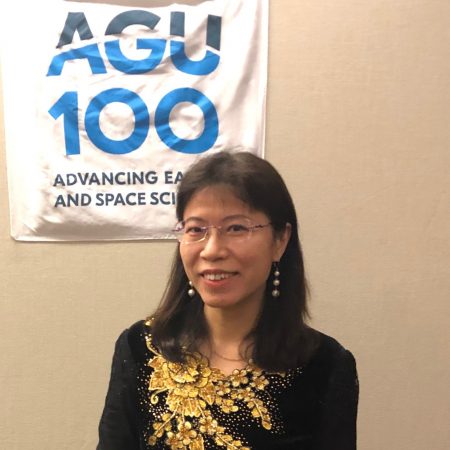



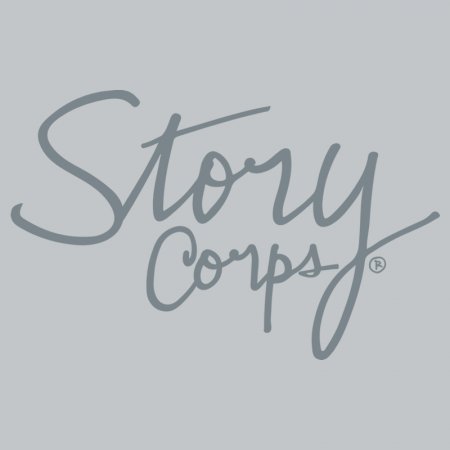
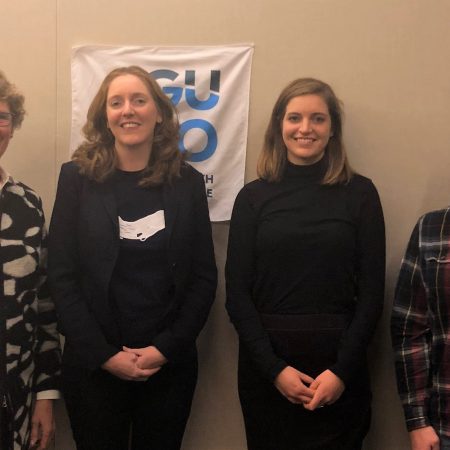
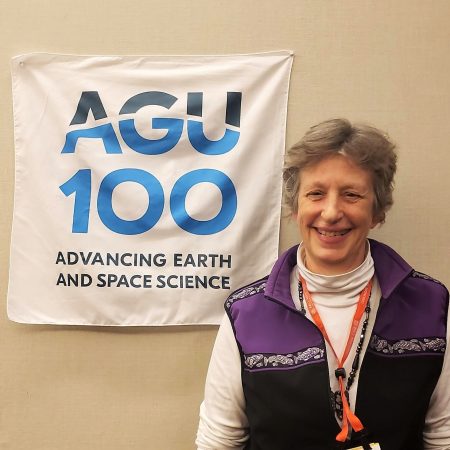
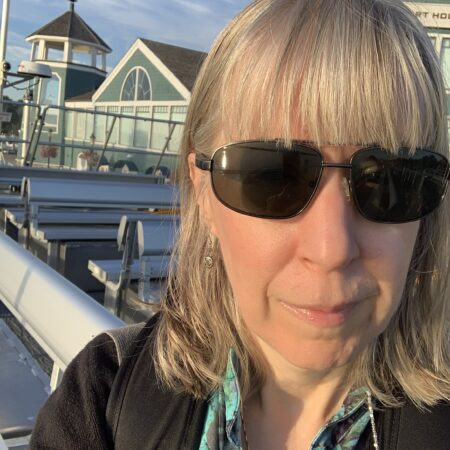
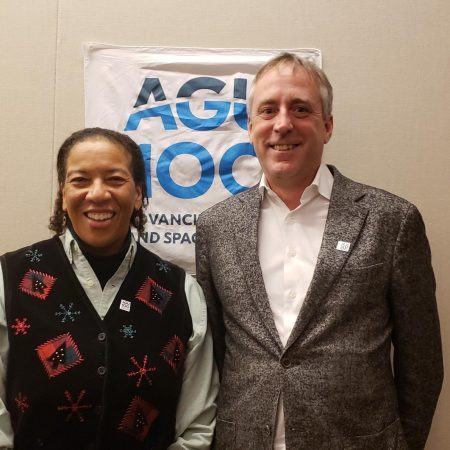
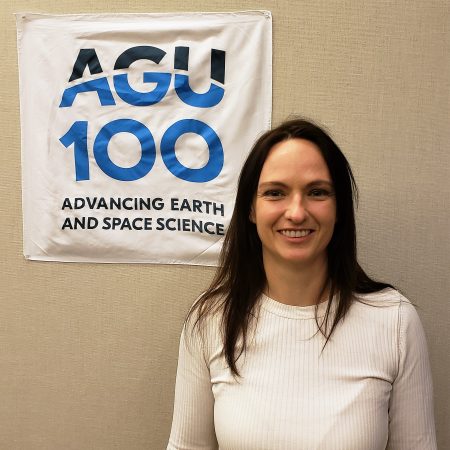
!["The sun is a terrifying and beautiful laboratory of which we know only a little [about]." an interview with Sabrina Savage](https://archive.storycorps.org/uploads/2019/02/20181213_Savage-450x450.jpg)
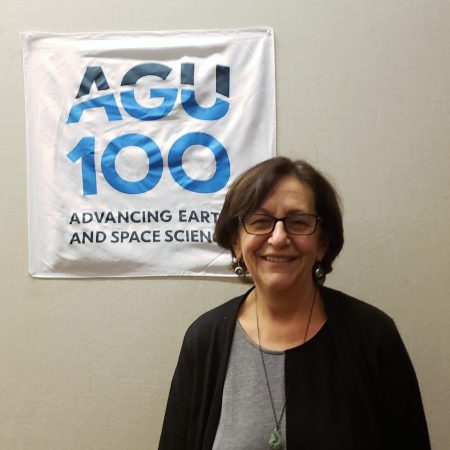
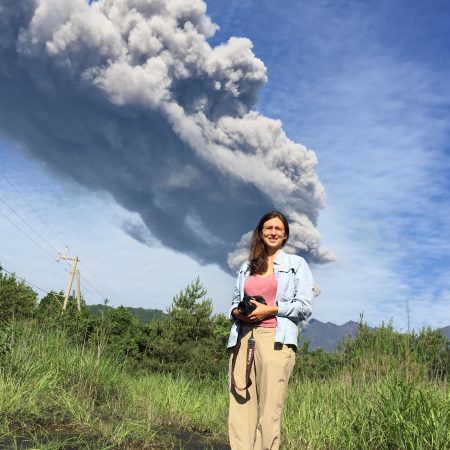
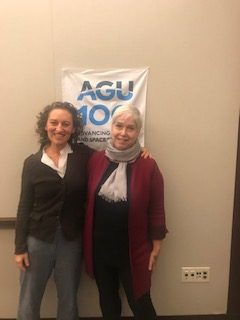
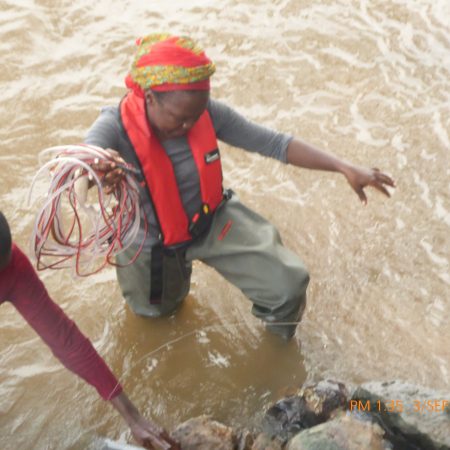
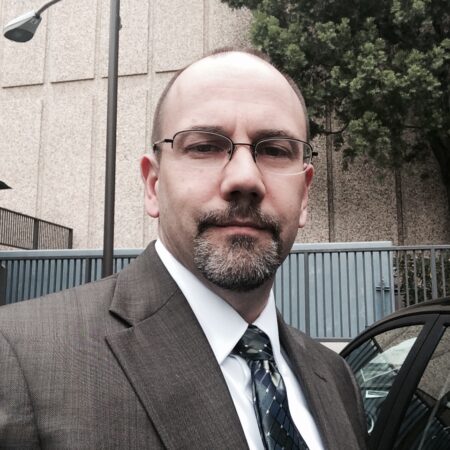
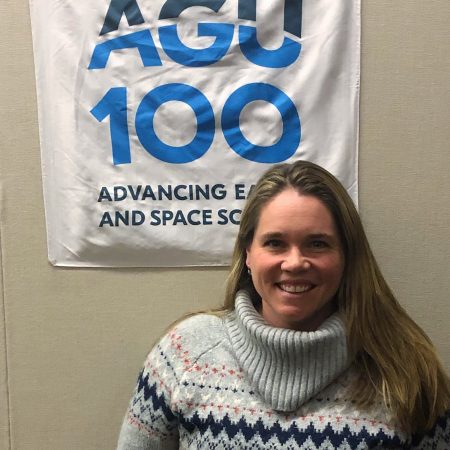
!["As soon as it [snow] lands, it starts to metamorphosize" an interview with Gail Skofronick - Jackson](https://archive.storycorps.org/uploads/2019/01/181210_Jackson-1-450x450.jpg)
